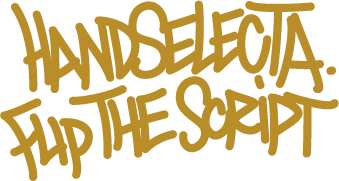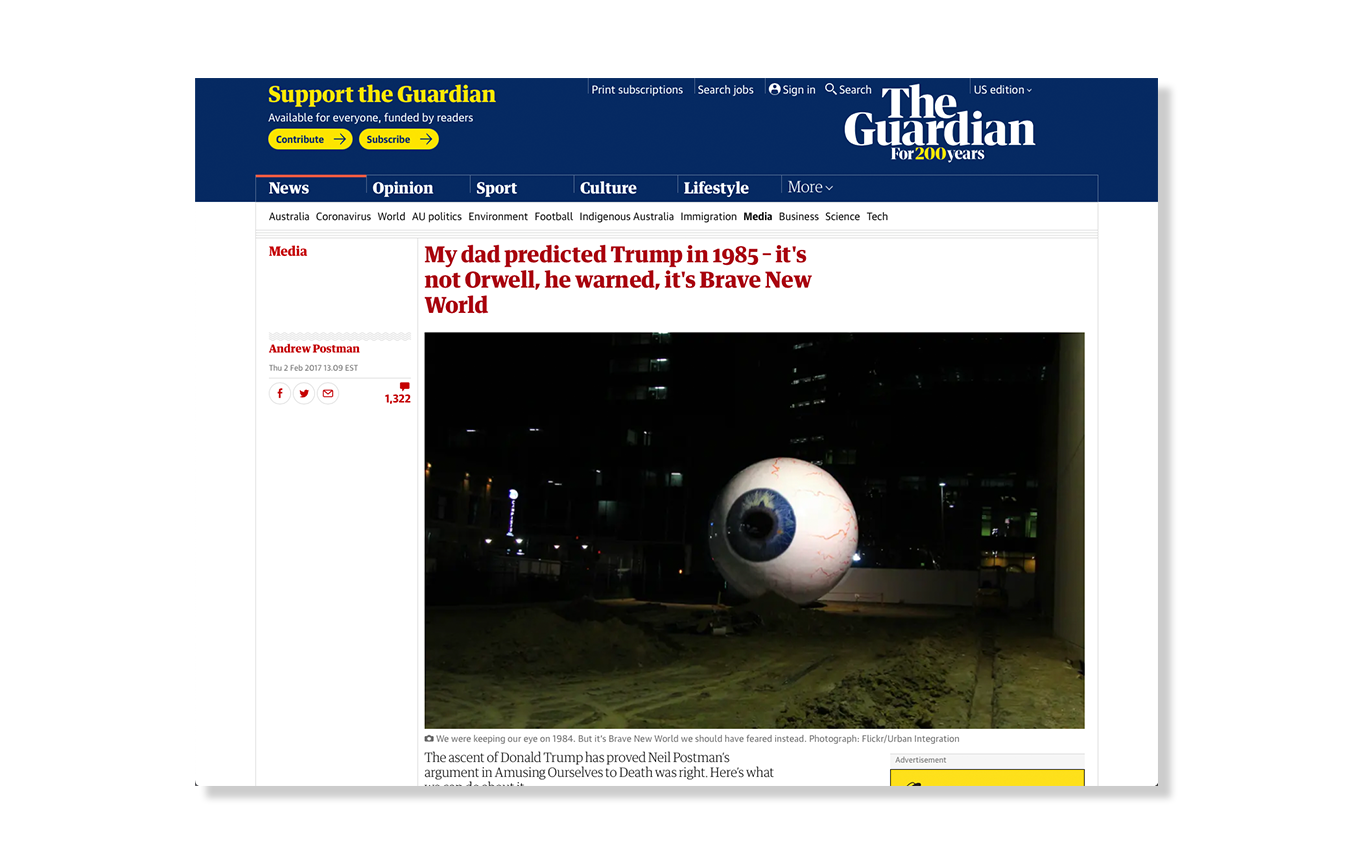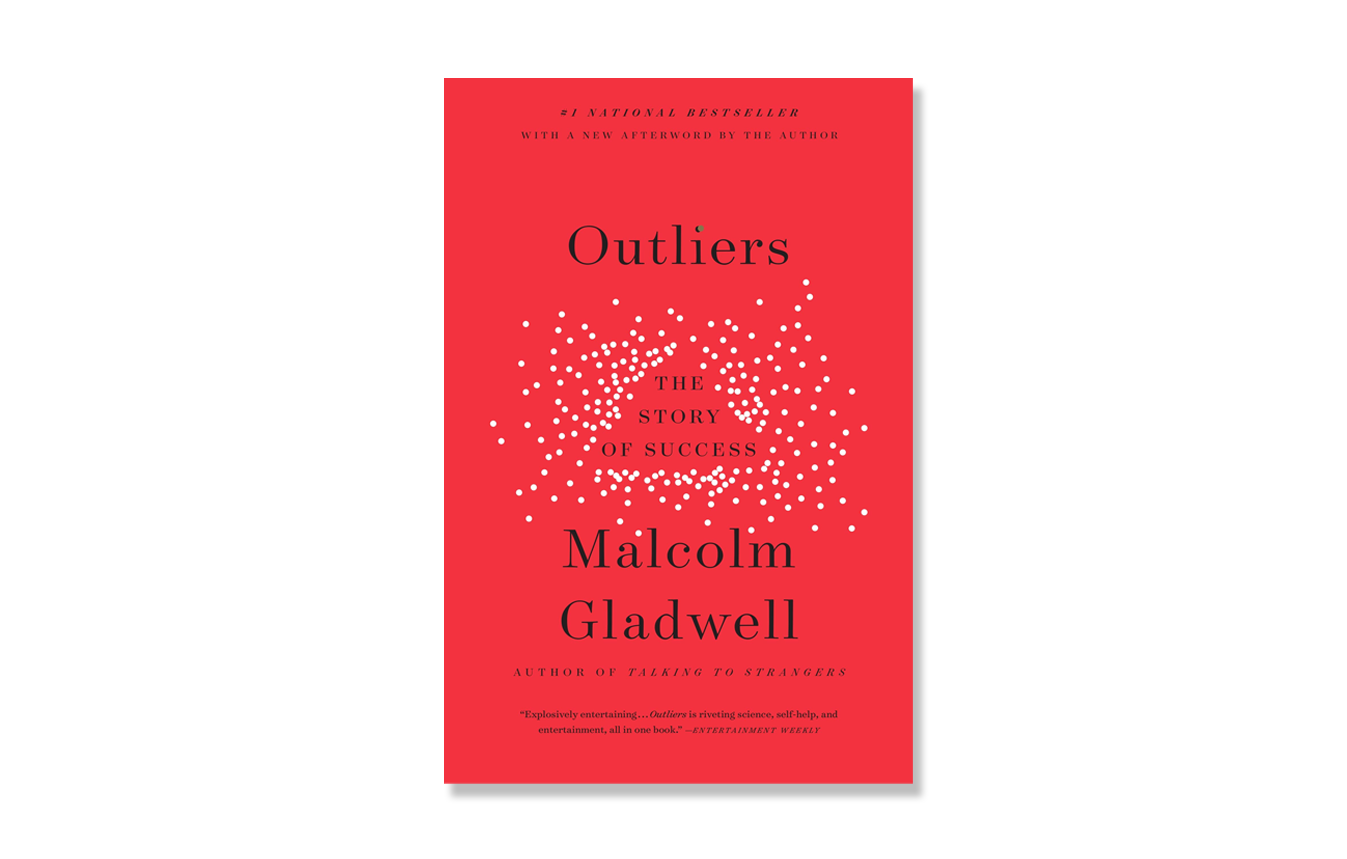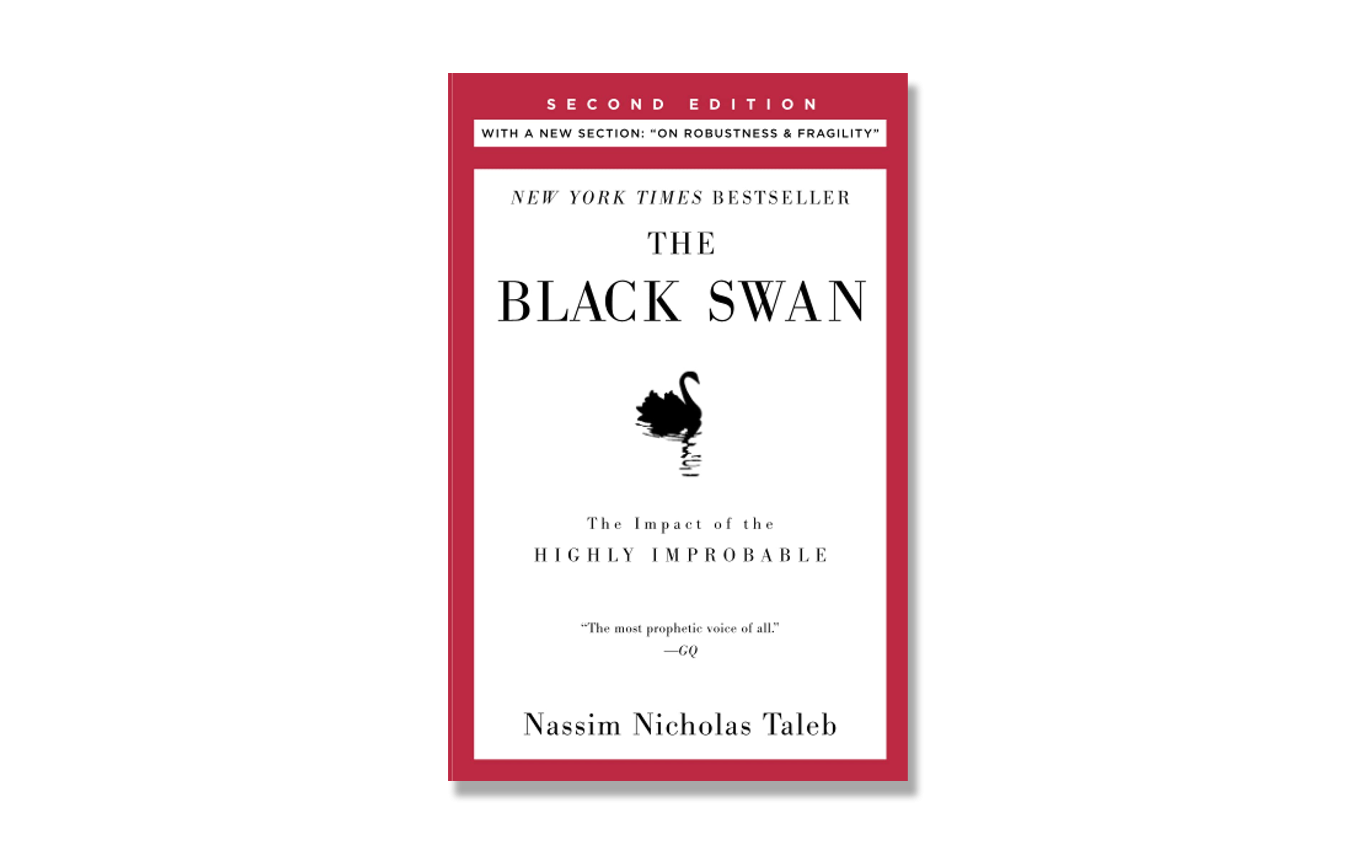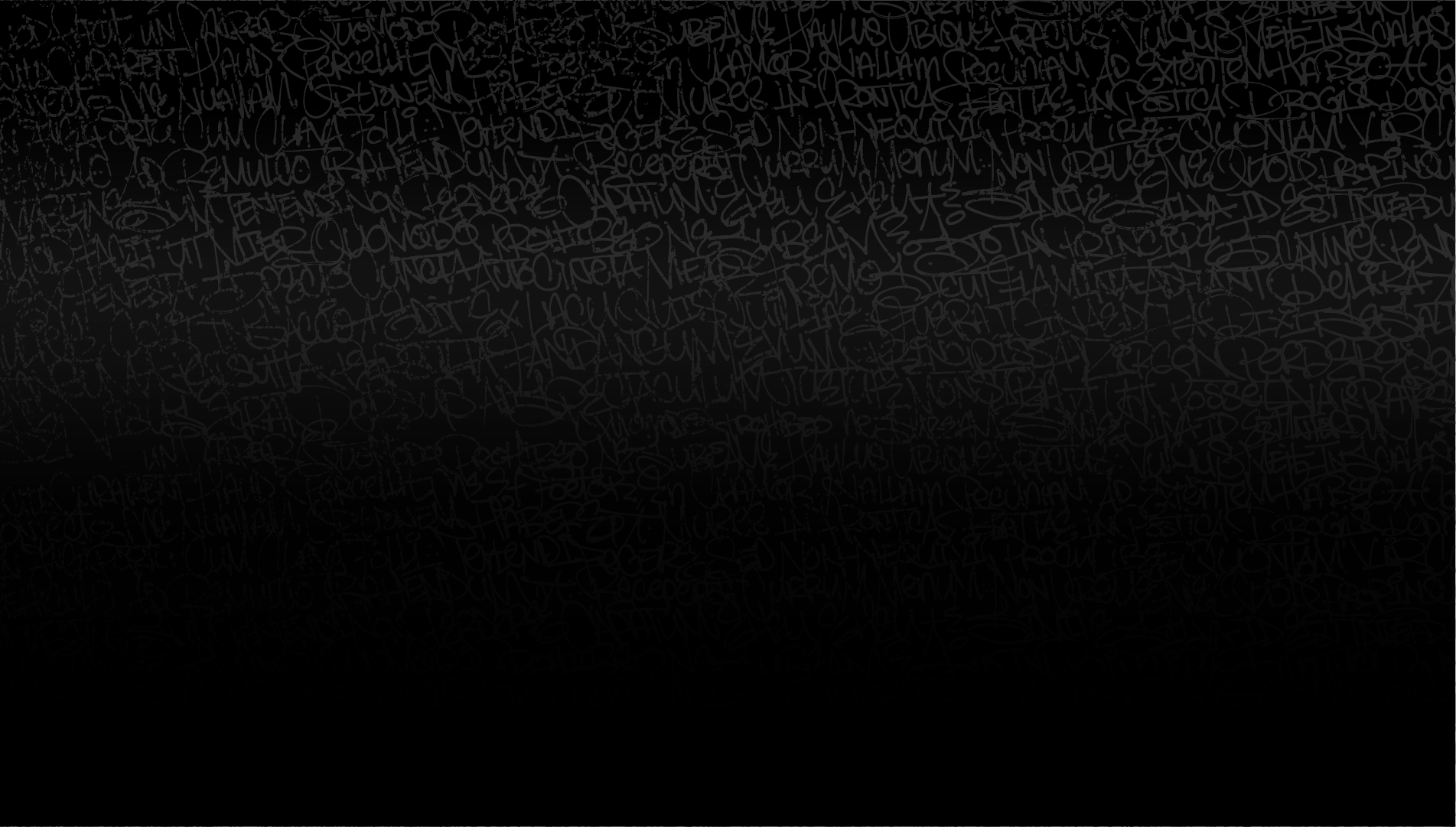
Resources
Many of these links will take you to various brand and ecom sites that Handselecta is not necessarily associated with.
Disclosure: Handselecta can earn commissions from qualifying purchases made at that site through some of these affiliate links.
Lomax: The Songhunter
A film by Rogier Kappers / An Icarus Films Release
Documentary of ethnomusicologist, Alan Lomax (1915-2002)
Lomax’s approach to respectfully document the folk arts and cultures of early 20th century America is a major influence for the Handselecta project.
Get lost in the archive of recordings John and Alan Lomax captured, starting in 1933.
Few have captured and catalogued the genius of autodidactic American folk arts like the Lomax’s.
Greatness and incredible beauty has long emerged from limitations and long-suffering.
This is a history that modern times make available to us, and too often get lost in the churn of short attention spans, humorous memes and access overload.
Gratitude and appreciation for the gentle spirits who have made so much from so little material death and so much hardship.
Understanding Media
1967. Marshall McLuhan
This critical edition makes available for the first time the core of the research project that spawned the book.
In Terrence Gordon’s own words, “McLuhan is in full flight already in the introduction, challenging us to plunge with him into what he calls ‘the creative process of knowing.’” Much to the chagrin of his contemporary critics McLuhan’s preference was for a prose style that explored rather than explained. Probes, or aphorisms, were an indispensable tool with which he sought to prompt and prod the reader into an “understanding of how media operate” and to provoke reflection.
In the 1960s, McLuhan’s theories aroused both wrath and admiration. It is intriguing to speculate what he might have to say 40 years later on subjects to which he devoted whole chapters such as Television, The Telephone, Weapons, Housing and Money. Today few would dispute that mass media has indeed decentralized modern living and turned the world into a global village.
This critical edition features an appendix that makes available for the first time the core of the research project that spawned the book and individual chapter notes are supported by a glossary of terms, indices of subjects, names, and works cited. There is also a complete bibliography of McLuhan’s published works.
Available at Amazon (paid link)
Connections
1978, BBC, James Burke
10 episodes
Connections is a 10-episode documentary television series and 1978 book (Connections, based on the series) created, written, and presented by science historian James Burke. The series was produced and directed by Mick Jackson of the BBC Science and Features Department and first aired in 1978 (UK) and 1979 (USA). It took an interdisciplinary approach to the history of science and invention, and demonstrated how various discoveries, scientific achievements, and historical world events were built from one another successively in an interconnected way to bring about particular aspects of modern technology. The series was noted for Burke's crisp and enthusiastic presentation (and dry humour), historical re-enactments, and intricate working models.
Available at Amazon (paid link)
Ways of Seeing
1972, BBC, John Berger
1 book
4 episodes of film
Accompaniment to his book of the same name, this series is an introduction to art history and art theory, that also delve into the philosophical nature of epistemology and the affects that media have on our very perception and the nature of reality.
Available at Amazon (paid link)
The Denial of Death
1974. Ernest Becker
Winner of the Pulitzer prize in 1974 and the culmination of a life's work, The Denial of Death is Ernest Becker's brilliant and impassioned answer to the "why" of human existence. In bold contrast to the predominant Freudian school of thought, Becker tackles the problem of the vital lie -- man's refusal to acknowledge his own mortality. In doing so, he sheds new light on the nature of humanity and issues a call to life and its living that still resonates more than twenty years after its writing.
Available at Amazon (paid link)
The Medium is
the Message
1977
Marshall McLuhan
My dad predicted Trump in 1985 –
it's not Orwell, he
warned, it's Brave New World
February 2, 2017
by Andrew Postman, Guardian OpEd
“What Orwell feared were those who would ban books. What Huxley Huxley feared was that there would be no reason to ban a book, for there would be no one who wanted to read one. Orwell feared those who would deprive us of information. Huxley feared those who would give us so much that we would be reduced to passivity and egoism. Orwell feared that the truth would be concealed from us. Huxley feared the truth would be drowned in a sea of irrelevance. Orwell feared we would become a captive culture.Huxley feared we would become a trivial culture.” - Andrew Postman
The Tipping Point
2002. Malcolm Gladwell
The tipping point is that magic moment when an idea, trend, or social behavior crosses a threshold, tips, and spreads like wildfire. Just as a single sick person can start an epidemic of the flu, so too can a small but precisely targeted push cause a fashion trend, the popularity of a new product, or a drop in the crime rate. This widely acclaimed bestseller, in which Malcolm Gladwell explores and brilliantly illuminates the tipping point phenomenon, is already changing the way people throughout the world think about selling products and disseminating ideas.
Available at Amazon (paid link)
Blink: The Power of Thinking Without Thinking
2002. Malcolm Gladwell
Blink is a book about how we think without thinking, about choices that seem to be made in an instant-in the blink of an eye-that actually aren't as simple as they seem. Why are some people brilliant decision makers, while others are consistently inept? Why do some people follow their instincts and win, while others end up stumbling into error? How do our brains really work-in the office, in the classroom, in the kitchen, and in the bedroom? And why are the best decisions often those that are impossible to explain to others?
In Blink we meet the psychologist who has learned to predict whether a marriage will last, based on a few minutes of observing a couple; the tennis coach who knows when a player will double-fault before the racket even makes contact with the ball; the antiquities experts who recognize a fake at a glance. Here, too, are great failures of "blink": the election of Warren Harding; "New Coke"; and the shooting of Amadou Diallo by police.
Blink reveals that great decision makers aren't those who process the most information or spend the most time deliberating, but those who have perfected the art of "thin-slicing"-filtering the very few factors that matter from an overwhelming number of variables.
Available at Amazon (paid link)
Outliers:
The Story of Success
2002. Malcolm Gladwell
Blink is a book about how we think without thinking, about choices that seem to be made in an instant-in the blink of an eye-that actually aren't as simple as they seem. Why are some people brilliant decision makers, while others are consistently inept? Why do some people follow their instincts and win, while others end up stumbling into error? How do our brains really work-in the office, in the classroom, in the kitchen, and in the bedroom? And why are the best decisions often those that are impossible to explain to others?
In Blink we meet the psychologist who has learned to predict whether a marriage will last, based on a few minutes of observing a couple; the tennis coach who knows when a player will double-fault before the racket even makes contact with the ball; the antiquities experts who recognize a fake at a glance. Here, too, are great failures of "blink": the election of Warren Harding; "New Coke"; and the shooting of Amadou Diallo by police.
Blink reveals that great decision makers aren't those who process the most information or spend the most time deliberating, but those who have perfected the art of "thin-slicing"-filtering the very few factors that matter from an overwhelming number of variables.
Available at Amazon (paid link)
The Black Swan:
The Impact of the Highly Improbable
2010. Nassim Nicholas Taleb
A black swan is a highly improbable event with three principal characteristics: It is unpredictable; it carries a massive impact; and, after the fact, we concoct an explanation that makes it appear less random, and more predictable, than it was. The astonishing success of Google was a black swan; so was 9/11. For Nassim Nicholas Taleb, black swans underlie almost everything about our world, from the rise of religions to events in our own personal lives.
Why do we not acknowledge the phenomenon of black swans until after they occur? Part of the answer, according to Taleb, is that humans are hardwired to learn specifics when they should be focused on generalities. We concentrate on things we already know and time and time again fail to take into consideration what we don’t know. We are, therefore, unable to truly estimate opportunities, too vulnerable to the impulse to simplify, narrate, and categorize, and not open enough to rewarding those who can imagine the “impossible.”
Available at Amazon (paid link)
The Righteous Mind
2012. Jonathan Haidt
The bestseller that challenges conventional thinking about morality, politics, and religion in a way that speaks to conservatives and liberals alike—a “landmark contribution to humanity’s understanding of itself” (The New York Times Book Review).
Drawing on his twenty-five years of groundbreaking research on moral psychology, social psychologist Jonathan Haidt shows how moral judgments arise not from reason but from gut feelings. He shows why liberals, conservatives, and libertarians have such different intuitions about right and wrong, and he shows why each side is actually right about many of its central concerns.
In this subtle yet accessible book, Haidt gives you the key to understanding the miracle of human cooperation, as well as the curse of our eternal divisions and conflicts. If you’re ready to trade in anger for understanding, read The Righteous Mind.
Available at Amazon (paid link)
“Appropriation suggests theft, and a process analogous to the seizure of land or artifacts. In the case of culture, however, what is called appropriation is not theft but messy interaction. Writers and artists necessarily engage with the experiences of others. Nobody owns a culture, but everyone inhabits one, and in inhabiting a culture, one finds the tools for reaching out to other cultures.” - Kenan Malik
The Extreme Self
2021
by Simon Baser, Douglas Coupland
& Hans Ulrich Obrist
A graphic-novel guide to the demented present from the authors of the bestselling The Age of Earthquakes
If you’re wondering why the inside of your head feels so strange these days, this book has the answers. The Extreme Self is a new kind of graphic novel that shows how you’ve been morphing into something else. It’s about the remaking of your interior world as the exterior world becomes more unfamiliar and uncertain. Basar, Coupland and Obrist’s cult prequel, The Age of Earthquakes: A Guide to the Extreme Present, was hailed as “a meditation on the madness of our media” (Dazed) and “an abstract representation of how we feel about our digital world” (Hello!). Like that book, The Extreme Self collapses comedy and calamity at the speed of swipe. Dazzling images are sourced from over 70 of the world’s foremost artists, photographers, technologists and musicians, while Daly & Lyon’s kinetic design elevates the language of memes into a manifesto. Over 14 timely chapters, The Extreme Self tours through fame and intimacy, post-work and new crowds, identity crisis and eternity. Crazed, hilarious, unsettling, true. No other book today so presciently predicts how the present and the future have become the same thing. The Extreme Self is an accelerated tale for an even more accelerated culture. Welcome to the Age of You.
Available at Amazon (paid link)
Wanting
2021. Luke Burgis
A groundbreaking exploration of why we want what we want, and a toolkit for freeing ourselves from chasing unfulfilling desires.
Gravity affects every aspect of our physical being, but there’s a psychological force just as powerful―yet almost nobody has heard of it. It’s responsible for bringing groups of people together and pulling them apart, making certain goals attractive to some and not to others, and fueling cycles of anxiety and conflict. In Wanting, Luke Burgis draws on the work of French polymath René Girard to bring this hidden force to light and reveals how it shapes our lives and societies.
According to Girard, humans don’t desire anything independently. Human desire is mimetic―we imitate what other people want. This affects the way we choose partners, friends, careers, clothes, and vacation destinations. Mimetic desire is responsible for the formation of our very identities. It explains the enduring relevancy of Shakespeare’s plays, why Peter Thiel decided to be the first investor in Facebook, and why our world is growing more divided as it becomes more connected.
Wanting also shows that conflict does not arise because of our differences―it comes from our sameness. Because we learn to want what other people want, we often end up competing for the same things. Ignoring our large similarities, we cling to our perceived differences.
Drawing on his experience as an entrepreneur, teacher, and student of classical philosophy and theology, Burgis shares tactics that help turn blind wanting into intentional wanting--not by trying to rid ourselves of desire, but by desiring differently. It’s possible to be more in control of the things we want, to achieve more independence from trends and bubbles, and to find more meaning in our work and lives.
The future will be shaped by our desires. Wanting shows us how to desire a better one.
Available at Amazon (paid link)
More Resources
